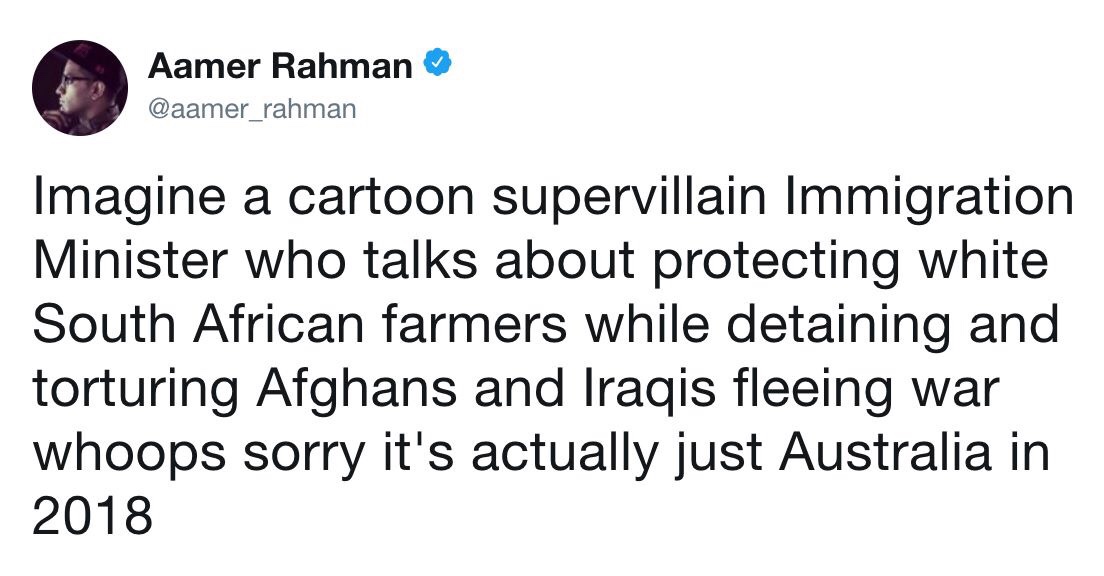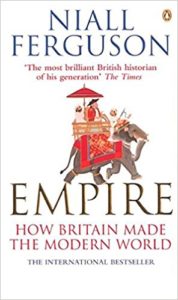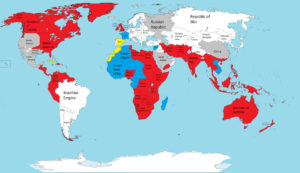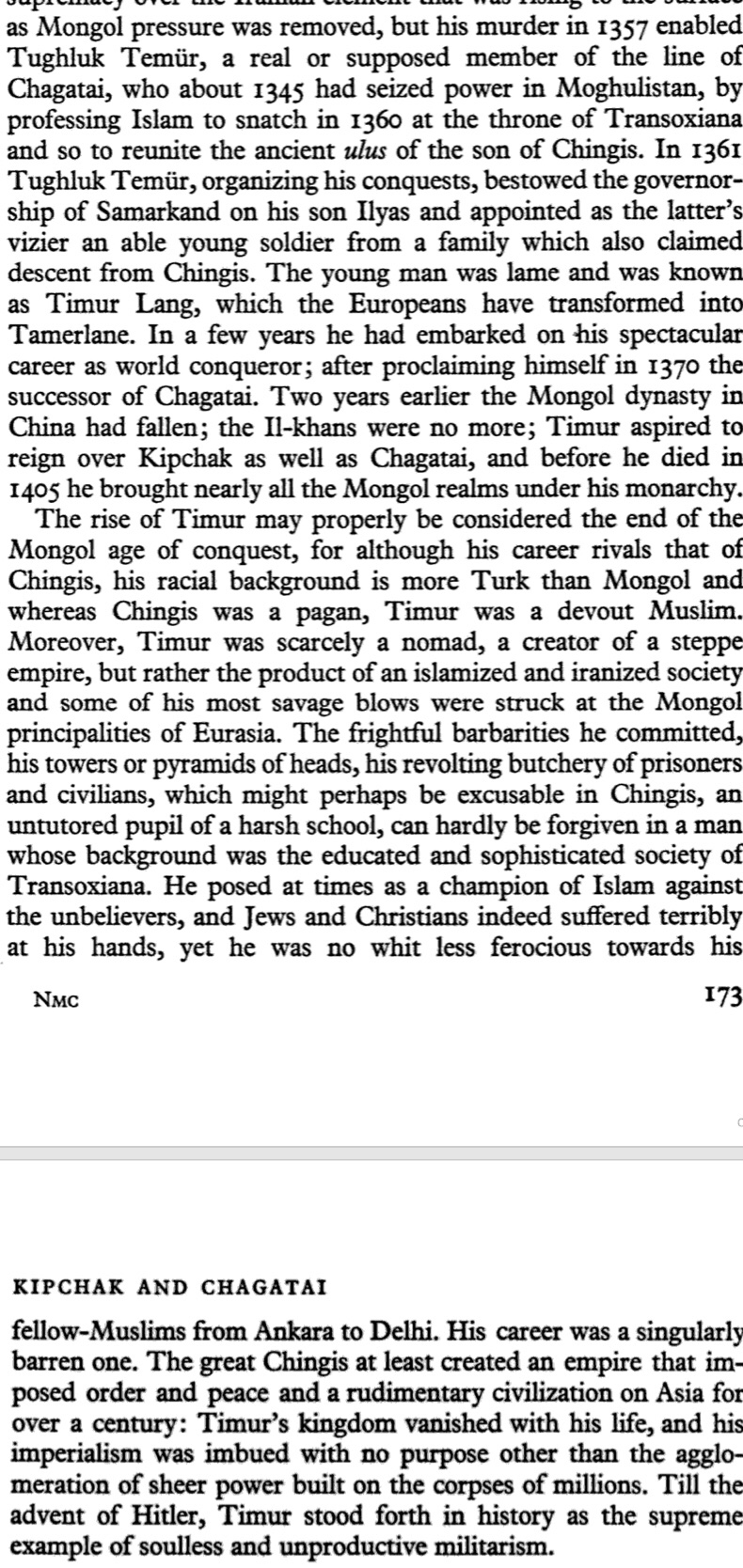This comment by girmit touches on the interethnic distribution of wealth. Of course a lot of the East is now following the West in adopting a more traditional class system determined predominantly by wealth.
“appreciate the detailed response. I can’t dispute that overall schema if we take a broad view of things. Most certainly, we’ve even seen historically the consolidation of ethnicities as service castes to strong polities. And yes, over a long enough period i don’t think its inconceivable that the most heterogenous stratified population could coalesce into an ethnic group. Sort of how in england the Saxon and Norman cultures are no longer ethnicities but are only subtly perceptible by surname and regional concentration and church denomination, they may still residually correlate to social class in a way. So something like this could happen in India I suppose, but I imagine the gestation time to be incredibly long, so long that it may not outpace the coalescing of a global human ethnicity.
Another thought about highly functional institutions is that they may be incredibly well performing but incapable of distributing opportunity evenly across the population. The Indian armed forces are an example of a national institution that is highly prestigious across all regions, but cannot possibly accommodate the majority of qualified candidates. So it can be respected and resented at the same time. Defence jobs are great careers for rural youth and the economic impact on high recruitment regions is exceptional. But this was also important pretext to the bhindranwale movement, where punjabi sikhs felt affront at legacy recruitment quotas being scaled back (or reverse discrimination, don’t know the whole picture) and it resulted in enough rural youth unemployment to be fertile ground for extremism.
Another challenge for india is major industries running like ethnic cartels. Even if we concede that these business communities have a certain genius for efficiency, and are in the current moment the most able stewards, it is a lost opportunity to another group. In many ways , the creation of Pakistan allowed the Punjabi muslim agrarian castes to move up the value chain into commodity dealing and other enterprises, one would assume that in an unpartitioned Punjab, khatris and Agarwals may have dominated those trade networks. So the appeal of separatism often goes beyond ethnic narcissism and can be sublimated economic strategy. If Punjab weren’t such a massive beneficiary of central grain procurement, it might have had less to lose by going its own way.”
ZachNote: I remember when I first lived in Uganda I was taken aback by how important tribal links were and in some cases superseded wealth; rich Ugandans would socialise very freely with their poorer counterparts, on the strength of tribal affiliation (this is of course diminishing over time thanks to Westernisation). This phenomenon was very different to Britain and Pakistan, where class has such a dominating role and guides one’s social life.
It’s also arguable whether to be fully civilised one must have a very differentiated class system, which supersedes all other ties like religion or race or caste. In Britain there are many aristocratic families with Jewish ties or descent (a few come immediately to mind like the Chlomondleys, the Marquess of Reading, the Whalley-Cohens, the Lascelles family), which means that anti-Semitism wasn’t really a bar to the elite over the last century, if not more..





Hmm, I assume none of commenters have been to Sri Lanka.
Seem to get the impression SL is part of greater India by the readers.
First and foremost we do not have upper caste varnas. The highest caste is Farmer/Govigama/Vellala. 50% of the society and within which old feudal class.
Almost on existent now among the Sinhalese. More prevalent among the Tamils.
Its a polyglot country where all and sundry have been visiting or invading over 2000+ years. 500 years under colonization, starting with Portuguese.
Of course everyone in this country is “Pure” Sinhalese or Tamil. Not much different from Americans. You are just supposed to become a Sinhalese (I am mutt, mainly Tamil/Kalinga)
Even with all that admixture, we are the darkest (in general) in South Asia and Asia. The Brahmin commenters run Sri Lankans/Sinhalese down as the low caste Dalits who emigrated from India with Aryan pretensions.
That said we dont seem to be doing too bad, even after a 30 year civil war. Compare and contrast the stats, Life Expectancy, Literacy. GDP/capita is no measure of the egalitarian country. The US has so much higher GDP/capita but misery and poverty of the inner cities has no comparison to rural poverty in SL.
ZachNote: I notice Sri Lankan Tamils in the West have alot of swag. They are into gangster culture and what not; completely different to their TN counterparts.
I copied the below data from Wikipedia; Sri Lanka, India & Bangladesh acquit themselves fairly well. Pakistan’s showing is absolutely disgraceful; shame on the Pakistani leadership. Also Pakistan’s behavior in Afghanistan has dragged down that country to the shits as well; I understand Afghanistan was a proxy in the 80’s but supporting the Taliban after that, well that was an absolute effing disgrace!
A rough calc shows South Asia to be a 3 trillion dollar economy for appropriately 1.8 billion people. That’s an absolute disgrace by comparison since East Asia is an 18 trillion dollar economy with a slightly less population (the US is a 20 trillion dollar economy with a sixth of the population). It may just be that the festering sore of Indo-Pak relations may have a greater human and economic cost than one-offs like the American Civil War, the Great Leap Forward and Cultural Revolution.
[172][172][173][174]
[174][175][176]
(km2)
[177]
(2017)[178]
(per km2)
(2017)[179]